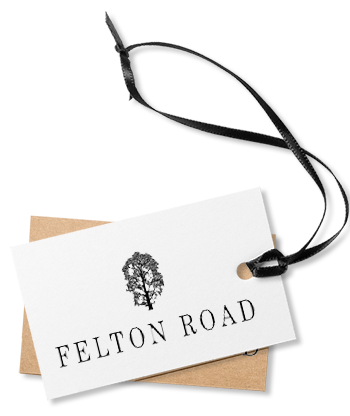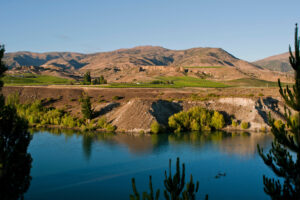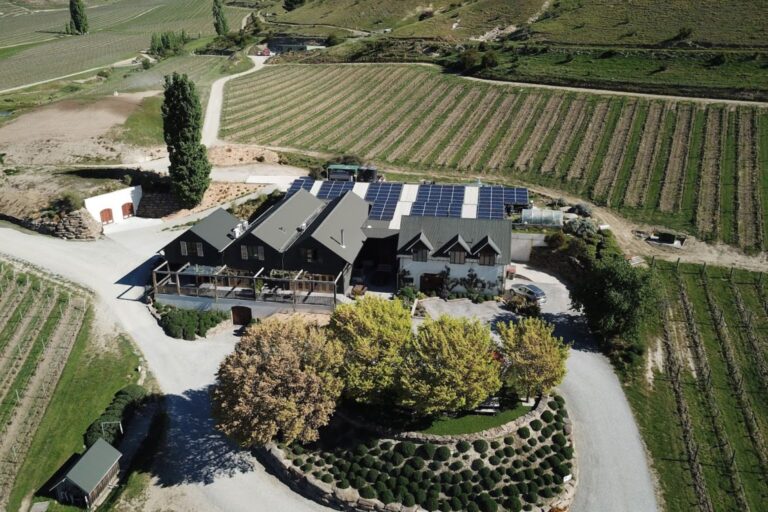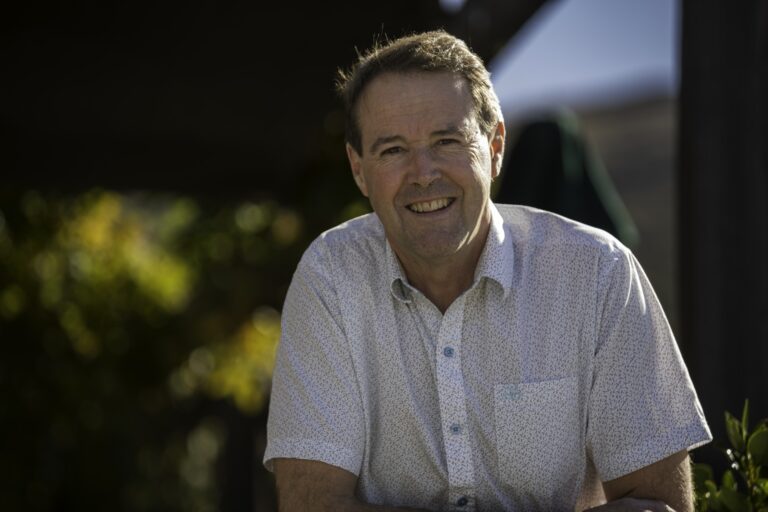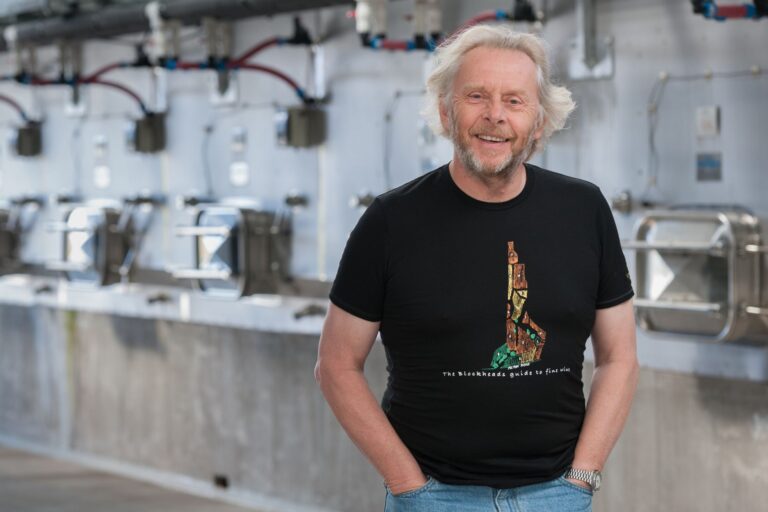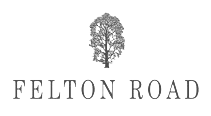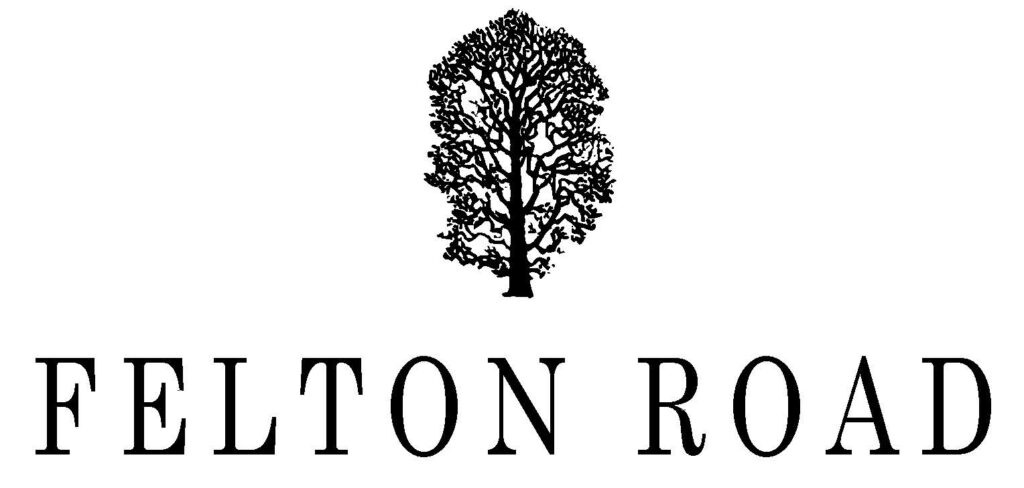It has taken a while to update this. The problem is that too much is changing the world at the moment; climate, conflict, disease, energy instability and the inexorable rising gap between those that have and those that don’t.
This is overwhelming stuff for a winery website and I’m not sure how one addresses it, but it all seems too big to just ignore. Chatting blithely about the growing season seems uncomfortably like living in a bubble, yet, in truth, Bannockburn is a small bubble that feels a very long way from many of the woes of the planet.
Just 25 years ago, when our journey into selling wine was beginning, it would have seemed inconceivable to anybody in this tiny township that its produce would be circulating to almost every corner of the world, that its name would need Geographic Indicator protection, such was the reputation it was acquiring.
Bannockburn has benefitted by what is termed ‘the long tail of the internet’; that unique ability for small things to be given disproportional ‘search rights’ compared to big ones. Search ‘New York’ and nothing of great relevance will emerge and to read everything in the list the engine will supply would take lifetimes. Bannockburn will take you straight to two things: the gold and the wine.
The gold created the community in the 1860’s, but was a fragile existence, so within a few years, it was farming that prevailed. In truth, those who first arrived in the gold rush and kept a level head realised that feeding this burgeoning horde was more profitable than digging yourself; you’d get the gold far more reliably, as whoever found a good horde would eat the best and pay for it accordingly. Within ten years of the first gold being found, orchards and vineyards were in production as well as vegetables. Beers, wines and spirits were, not surprisingly, pretty high up the shopping list and those that grew and sold to the miners responded with enthusiasm.
So, Bannockburn was born in an opportunity to supply a fairly frenzied population with the comfort they sought when not wielding a pickaxe.
Perhaps that is a fairly good description of its role some 150 years later? In troubled times, we value the chance to escape the stresses of our world. The difference is that now, thanks to global trade and global communication, we have become purveyors to a planet and not a township.
Nigel
